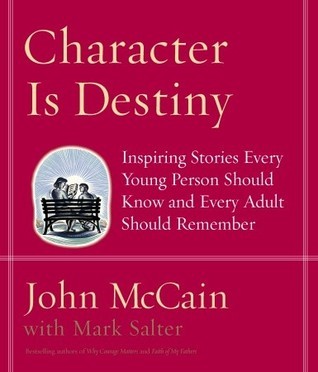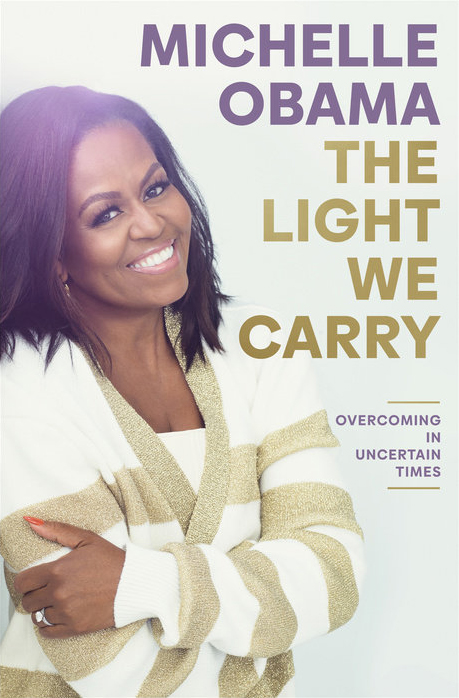
Character Is Destiny: Inspiring Stories Every Young Person Should Know and Every Adult Should Remember
Book Description
What defines us when life throws its hardest challenges? In "Character Is Destiny," John McCain masterfully weaves together captivating tales of resilience, integrity, and moral courage from legendary figures and unsung heroes alike. Each story unfolds like a cinematic journey, illustrating the profound impact character can have on choices, relationships, and ultimately, fate. As these inspiring narratives come to life, they challenge readers to question what truly shapes the path to greatness. Are we the architects of our own destinies, or mere passengers on a predetermined course?
Quick Book Summary
"Character Is Destiny" by John McCain is a collection of powerful biographical stories showcasing how individual character traits—such as courage, honesty, perseverance, and compassion—have shaped the lives and destinies of historical and contemporary figures. Written as both inspiration for young people and a reflection for adults, the book explores moments when individuals were tested by adversity and how their core values influenced their decisions and impact on the world. McCain curates stories from every walk of life, drawing lessons from familiar icons and lesser-known heroes to demonstrate that the cultivation of strong character is central to overcoming obstacles, making ethical choices, and leading a meaningful life. Through these narratives, the book argues that character is not only innate but also developed through conscious action, and is the ultimate determinant of destiny.
Summary of Key Ideas
Table of Contents
The Transformative Power of Adversity
McCain’s book opens by illustrating how adversity can be a powerful catalyst for growth and self-understanding. Through stories of individuals who faced immense challenges—ranging from physical hardships to moral dilemmas—the book highlights that it is our response to difficulty, not the absence of it, that shapes who we become. These tales underscore resilience as a fundamental attribute, showing how overcoming setbacks forges inner strength and forms the backbone of admirable character.
Moral Courage and Standing for Principles
The narrative then moves to moral courage, emphasizing that standing up for one’s beliefs, even in the face of danger or unpopularity, is a hallmark of truly great individuals. McCain draws examples from history where leaders and everyday people alike made sacrifices or took risks for the sake of their principles. Such acts, large or small, are depicted as essential not only to personal integrity but also to societal progress, demonstrating that courage is contagious and transformative.
The Impact of Compassion and Empathy
Compassion and empathy emerge as equally crucial virtues. The book explores how acts of kindness and the ability to see the world through others’ eyes bring about meaningful change and can inspire communities. McCain tells stories of figures who showed profound empathy in difficult conditions, highlighting how even small gestures of understanding can create lasting legacies. These narratives reinforce the idea that moral greatness involves caring for others beyond oneself.
The Role of Integrity in Leadership
Integrity is shown as an indispensable element of leadership and influence. The stories make clear that honesty and consistency in word and action build trust and credibility, traits required for lasting impact and genuine relationships. Whether recounting the lives of political leaders or ordinary citizens, McCain illustrates that unwavering integrity not only sets examples but also cements reputations and shapes public and private life.
Cultivating Character Through Everyday Choices
Finally, the book contends that character is not simply inherited but is nurtured through conscious, daily choices. By relating stories where individuals—sometimes under ordinary circumstances—chose the harder right over the easier wrong, McCain emphasizes that greatness is achieved incrementally. He frames character as a lifelong pursuit, accessible to everyone, and essential for anyone aiming to shape their own destiny and positively influence the world.
Download This Summary
Get a free PDF of this summary instantly — no email required.





